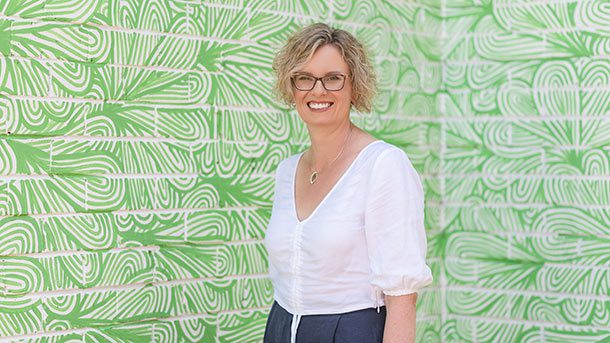BUSINESS
THE COMPLEX RELATIONSHIP BETWEEN GENDER AND MONEY RUNS DEEPER THAN YOU THINK

WORDS: Sonia Gibson PHOTOGRAPHY Supplied
You have to make your own lucky stars in this world, there are many opportunities ready for the taking. With equality so thick in the air, why are we still seeing such a disparity between men and women when it comes to financial empowerment? We hear about gender pay gaps, gender discrimination, and female poverty daily but is there more to it than just discrimination? There are many factors influencing the relationship between being a female, and finances.
- GENDER ROLES
Socialisation dictates our belief systems, and beliefs, in turn, dictate our behaviours and our decision making abilities. Traditionally, men are socialised to be the strong, assertive, and protective breadwinners for their families. Conversely, women are socialised to be compliant, avoid conflict, and assume caregiver roles within their families. The assertiveness that is taught to men is seen as masculine and women are discouraged from nurturing these traits. As a result, the way in which men and women approach money is different. If we want to see more female financial empowerment, we have to encourage assertiveness in our girls.
- FINANCIAL ISSUES ARE RESOLVED DIFFERENTLY BY MEN AND WOMEN
When it comes to solving any problems, women seek to be understood by their partners, they want compassion and prefer an emotional pathway forward. Men, on the other hand, will approach an issue with pragmatism, logic, and reasoning. These differences affect how partners discuss financial issues and how they want to solve their challenges. The challenge lies in bridging these differences and not disagreeing, or deciding not to have these discussions because they are too challenging. Both partners need to be involved in the financial decision-making for the family.
- STRUCTURAL ASPECTS FOR MODERN LIFE: UNPAID CARING JOBS
The social norm is for women to take caregiver roles on when they are needed. It isn’t just a social norm, women naturally nurture and care, it’s a role that often just fits perfectly. However, the relationship between gender and money is complicated here because the expectation is that caregiver work should be free. However, work is work and should be remunerated. When we look at how female participation in the workplace has drastically increased over the past 50 years, we’d expect to see a change in caregiver roles too, but there isn’t this. This essentially means that most women are performing two (or more) full-time roles but they’re only paid for one. Society relies on women to care for people with disabilities, children, and the elderly and while it might be rewarding work, it hampers women’s abilities to participate in the workforce, achieve financial independence and financial security in retirement.
- GENDER PAY GAPS
Gender stereotypes, time spent on caregiver roles, inflexible working conditions and gender discrimination mean that females in Australia earn 18.8% less than men, despite often working longer hours and taking on more roles. The word for this difference in pay is the gender pay gap. Women are legally entitled to equal pay but this tends to materialise only when women demand their worth. By raising daughters that are assertive and comfortable with negotiation, we can close the gender pay gap.
- SUPERANNUATION
A greater number of women live in poverty when they retire when compared to men. There are various factors that influence this, like the fact that women tend to live longer and they have to stretch their superannuation to last longer. With all the caregiver roles women assume throughout their lives, they tend to work shorter hours or are afforded fewer opportunities to be promoted in the workplace, meaning they generally end up with less super than men. Women have to be proactive about their wealth in order to achieve the super they need to retire comfortably. There are ways to do this, researching Money Smart is a good start.
About the author
Sonia Gibson, Director at Accounting Heart Chartered Accountants
Sonia has always loved solving puzzles and empowering people to help themselves. Accounting Heart brings these two passions of hers – her head and heart – together.
While figures might send you batty, to Sonia they tell the unique story of your business. It’s her role to translate that story into one you’ll understand so you can then write it your own way.








